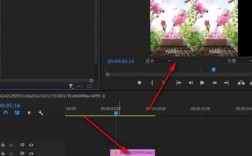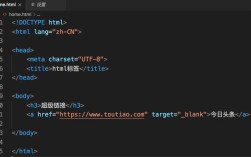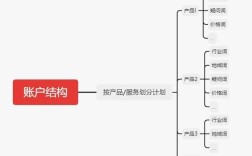核心句型结构
要翻译这句话,关键在于准确传达“觉得…如何”的含义,英语中最常用的两种表达方式是:

- What does Jenny think of...?
(最自然的口语化问法) - How does Jenny feel about...?
(侧重情感态度的询问)
两者均适用于询问对某事物的观点或评价。
- "What does Jenny think of sports programs?" ✅
- "How does Jenny feel about sports shows?" ✅
⚠️ 注意:"program"和"show"在美式英语中可互换使用,但英式英语更倾向用programme(拼写差异),复数形式分别为programs/programmes和shows。
词汇拓展与替换方案
| 中文原词 | 英文对应词 | 使用场景说明 |
|---|---|---|
| 体育节目 | sports program/show | 泛指电视/网络播出的赛事转播类内容 |
| athletic event broadcast | 强调具体赛事的实况录像 | |
| physical competition coverage | 突出竞赛性质的深度报道 | |
| Jenny觉得 | Jenny thinks that... | 后接完整从句(如:She thinks they are exciting) |
| In Jenny's opinion... | 正式书面语体(例:In her opinion, such programs lack educational value) | |
| From Jenny's perspective | 学术写作常用(例:From her perspective, commentators dominate discourse) |
💡 进阶技巧:若想进一步细化描述,可在句末添加形容词补语:
- She finds them thrilling but violent sometimes. (她认为既刺激又偶尔过于暴力)
- He considers them intellectually shallow compared to documentaries. (他觉得相比纪录片缺乏深度)
语法细节对比表
| 错误类型 | 典型错误示例 | 修正后正确形式 | 原因分析 |
|---|---|---|---|
| 主谓不一致 | What do Jenny think of...? | What does Jenny think of...? | 第三人称单数需加-s |
| 介词缺失 | How Jenny feels about... | How does Jenny feel about...? | 疑问句必须倒装助动词 |
| 冠词误用 | a sports program | sports programs (pl.) | 讨论类别时用复数表泛指 |
| 动词搭配不当 | watch a sports show | follow/cover/host a sports show | "watch"仅表观看行为,不体现观点 |
📌 例证对比:
❌ Does Jenny watches sports channels? → ✅ Does Jenny watch sports channels?
(现在时态下助动词后的动词恢复原形)(图片来源网络,侵删)
场景化应用示例
情景1:朋友闲聊(Informal Conversation)
A: "Hey, have you talked to Jenny recently? What does she think of those new NBA highlight reels on ESPN+?"
B: "Actually, she complained they edit out all the boring parts! Says it ruins the tension buildup."
情景2:学术论文调研(Academic Research)
Researcher notes: Participant #07 (female, age 25) reported via questionnaire: "In my view, mainstream sports media underrepresents female athletes' achievements." This aligns with previous studies indicating gender bias in televised coverage.
情景3:市场调查报告(Market Survey Data)
Q9: Please rate your agreement with this statement: "I enjoy watching live commentary during marathon events."
• Jenny selected: ★★☆ (Somewhat disagree)
• Comment box entry: "Commentators talk too much technical jargon – hard to follow for casual viewers like me."
文化差异提示
在跨文化交流中需注意:

- 英美偏好差异:英国人可能用football指代美式橄榄球(American football),而美国人严格区分soccer和football;
- 肢体语言影响:说英语时配合手势(如竖起大拇指👍表示认可)能增强表达效果;
- 地域俚语警惕:澳洲人称体育节目为footery(仅用于澳式橄榄联赛),非通用词汇。
FAQs
Q1: 如果Jenny完全没看过体育节目该怎么表达?
A: 可用否定转移结构:"Jenny hasn't formed an opinion yet since she rarely watches sports content." 或更直接的 "She has no strong feelings either way as she doesn't tune into such programs regularly."
Q2: 如何区分"think of"和"feel about"的使用场景?
A: "Think of"侧重理性判断(如节目质量、专业性),例:She thinks highly of the production values;而"feel about"偏重情绪反应,例:He feels anxious when seeing close scores in final quarters. 在学术写作中,前者多用于客观分析,后者常见于心理学研究领域












